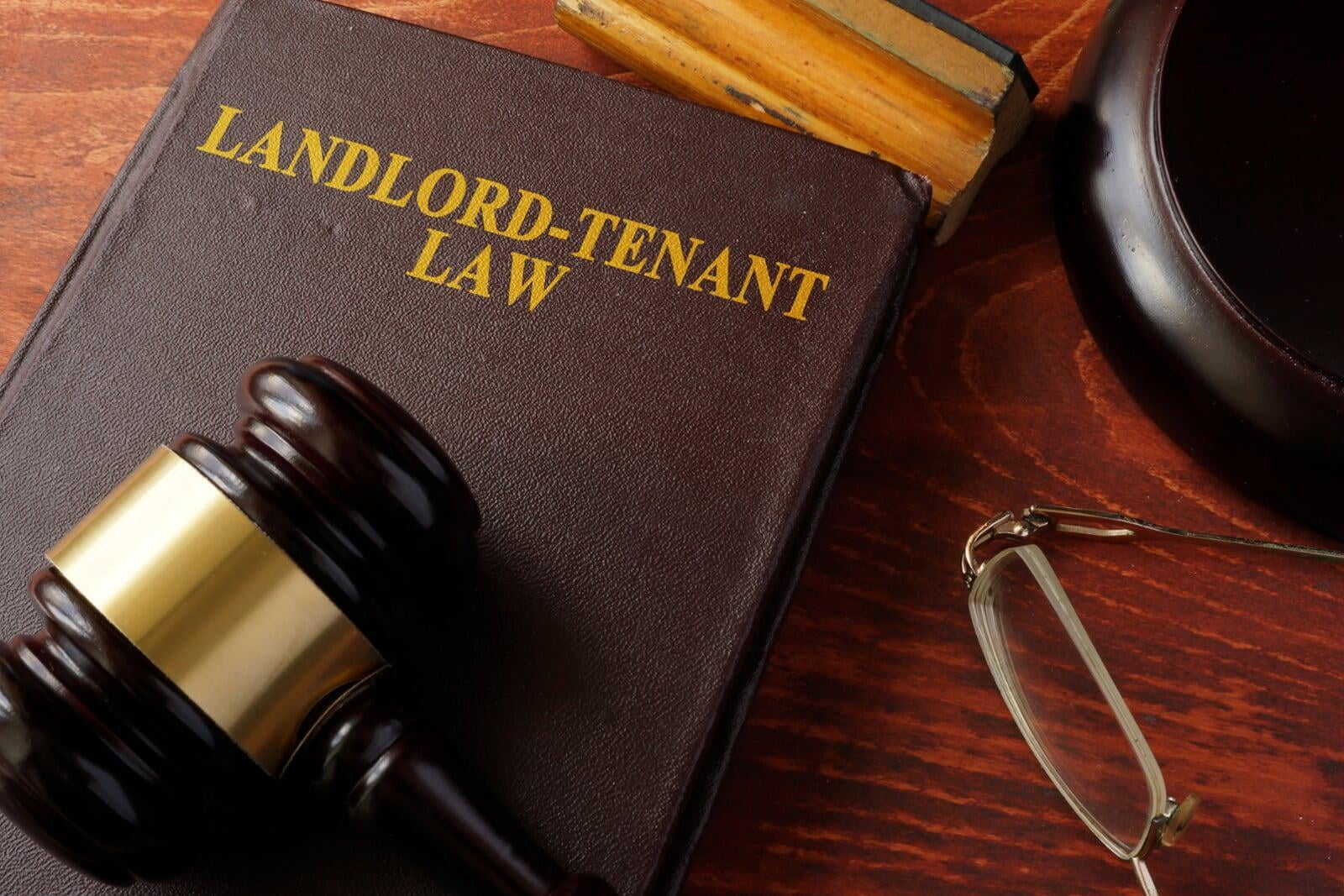Civil Eviction Court 44th Justice Of Peace St. Bernard Parish
Louisiana Civil Code Of Procedures
The following information is meant to provide general information and does not constitute legal advice or opinion. Parties should seek legal counsel before seeking court redress.

Louisiana Law requires all evictions must follow the civil evictions process, no one may perform a self help eviction. The following is the process outlined by the Louisiana Civil Code of Procedures. Art. 4912. B. A justice of the peace court shall also have jurisdiction over suits by landowners or lessors for the eviction of occupants or tenants of leased commercial premises and leased farmlands where the amount of the monthly rental does not exceed five thousand dollars per month, regardless of the amount of rent due or the rent for the unexpired term of the lease.
Acts 1989, No. 298, §1; Acts 1991, No. 544, §1; Acts 2001, No. 713, §1, eff. June 25, 2001; Acts 2005, No. 43, §1; Acts 2008, No. 338, §1; Acts 2021, No. 25, §2.
Notice to Vacate
Art. 4701. Termination of lease; notice to vacate; waiver of notice
When a lessee's right of occupancy has ceased because of the termination of the lease by expiration of its term, action by the lessor, nonpayment of rent, or for any other reason, and the lessor wishes to obtain possession of the premises, the lessor or his agent shall cause written notice to vacate the premises to be delivered to the lessee. The notice shall allow the lessee not less than five days from the date of its delivery to vacate the leased premises.
If the lease has no definite term, the notice required by law for its termination shall be considered as a notice to vacate under this Article. If the lease has a definite term, notice to vacate may be given not more than thirty days before the expiration of the term.
A lessee may waive the notice requirements of this Article by written waiver contained in the lease, in which case, upon termination of the lessee's right of occupancy for any reason, the lessor or his agent may immediately institute eviction proceedings in accordance with Chapter 2 of Title XI of the Louisiana Code of Civil Procedure.
Amended by Acts 1981, No. 713, §1.
Art. 4702. Notice to occupant other than tenant to vacate
When an owner of immovable property wishes to evict the occupant therefrom, after the purpose of the occupancy has ceased, the owner or his agent, shall first cause a written notice to vacate the property to be delivered to the occupant.
This notice shall allow the occupant five days from its delivery to vacate the premises.
Art. 4703. Delivery or service when premises abandoned or closed, or whereabouts of tenant or occupant unknown
If the premises are abandoned or closed, or if the whereabouts of the lessee or occupant is unknown, all notices, process, pleadings, and orders required to be delivered or served on the lessee or occupant under this Title may be attached to a door of the premises, and this shall have the same effect as delivery to, or personal service on, the lessee or occupant.
-----------------------------------------------------------------------------------------------------------------------------------------------------
Rule To Show Cause (Petition of Eviction Civil)
The Tenant has not moved out after serving the proper notice you will file a Civil Petition of Eviction with the Justice Of The Peace.
Art. 4731. Rule to show cause why possession should not be delivered; abandonment of premises
A. If the lessee or occupant fails to comply with the notice to vacate required under this Title, or if the lessee has waived his right to notice to vacate by written waiver contained in the lease, and has lost his right of occupancy for any reason, the lessor or owner, or agent thereof, may cause the lessee or occupant to be cited summarily by a court of competent jurisdiction to show cause why he should not be ordered to deliver possession of the premises to the lessor or owner. The rule to show cause shall state the grounds upon which eviction is sought.
B. After the required notice has been given, the lessor or owner, or agent thereof, may lawfully take possession of the premises without further judicial process, upon a reasonable belief that the lessee or occupant has abandoned the premises. Indicia of abandonment include a cessation of business activity or residential occupancy, returning keys to the premises, and removal of equipment, furnishings, or other movables from the premises.
Amended by Acts 1981, No. 713, §1; Acts 1991, No. 684, §1.
-----------------------------------------------------------------------------------------------------------------------------------------------------
Trial of Rule (Trial of Eviction Civil)
The Tenant has not moved out after serving the proper notice you will file a Civil Petition of Eviction with the Justice Of The Peace.
Art. 4732. Trial of rule; judgment of eviction
A. The court shall make the rule returnable not earlier than the third day after service thereof, at which time the court shall try the rule and hear any defense which is made.
B. If the court finds the lessor or owner entitled to the relief sought, or if the lessee or occupant fails to answer or to appear at the trial, the court shall render immediately a judgment of eviction ordering the lessee or occupant to deliver possession of the premises to the lessor or owner. The judgment of eviction shall be effective for not less than ninety days.
Acts 2001, No. 24, §1.
-----------------------------------------------------------------------------------------------------------------------------------------------------
Warrant for Possession
Art. 4733. Warrant for possession if judgment of eviction not complied with
If the lessee or occupant does not comply with the judgment of eviction within twenty-four hours after its rendition, the court shall issue immediately a warrant directed to and commanding its sheriff, constable, or marshal to deliver possession of the premises to the lessor or owner.
Art. 4734. Execution of warrant
The sheriff, constable, or marshal shall execute a warrant rendered under Article 4733 in the presence of two witnesses, by clearing the premises of any property therein, in order to put the lessor or owner in possession of the premises.
If the sheriff, constable, or marshal finds the windows, doors, or gates of the premises locked or barred, he shall break open any of these when necessary to effect convenient entry into the premises.

